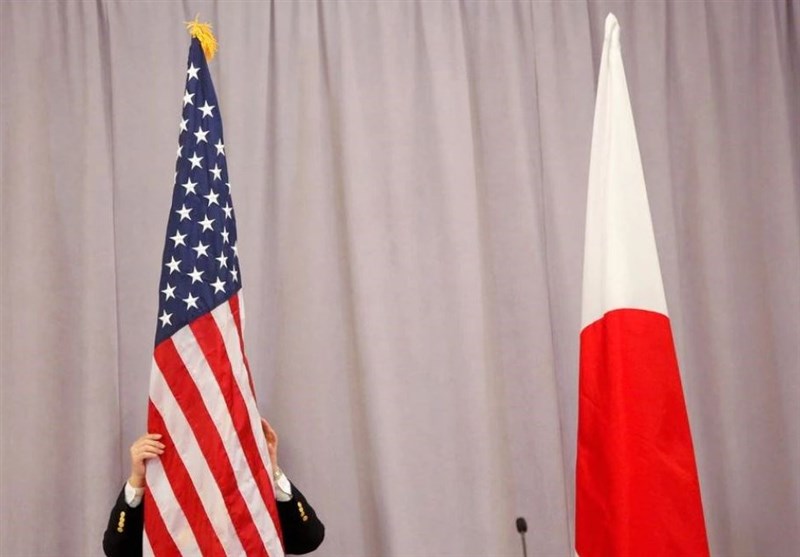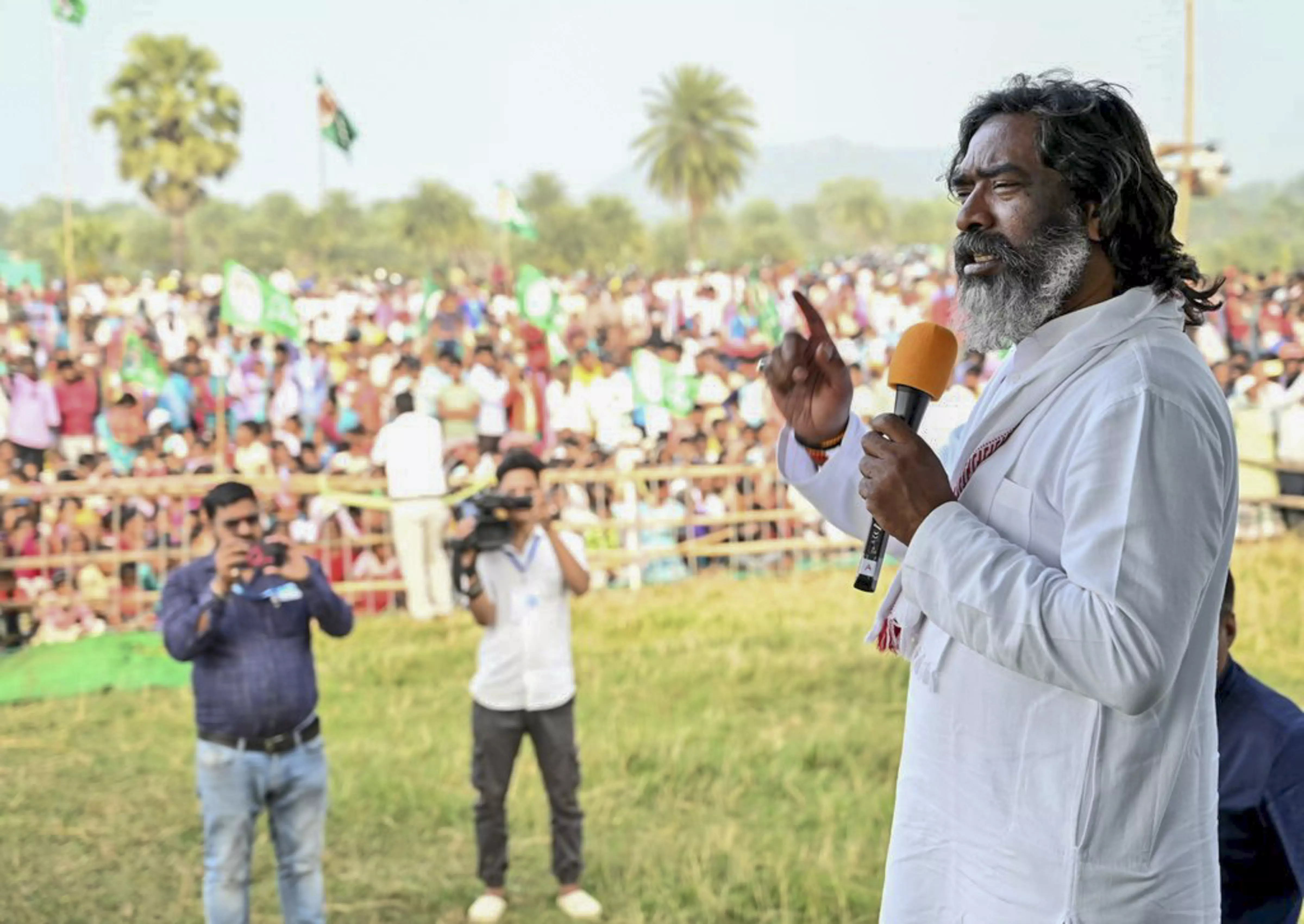Voters wanting to cast an early vote line up outside the Elena Bozeman Government Center for a polling station to open in Arlington, Virginia, on September 20, 2024. - | Afp | Getty Images Decision-making around the November election isn't limited to who voters plan to choose at the ballot box. Americans' feelings about which candidate may win are also driving people's decisions about their own finances.
Nearly two-thirds of Americans, 63%, are deferring financial decisions about vacations, car and home purchases, and remodeling projects until after the November election, according to a CFP Board survey of 1,005 Americans conducted in early August. But waiting for election results may not be the best move. Experts advise evaluating if a financial decision should be made sooner, and considering the cost of waiting.
Remember, major policy changes requiring legislation take time , with the president and members of Congress in agreement. How to frame decision-making ahead of the election Milos Dimic | E+ | Getty Images Financial advisors say the election or its results shouldn't be the driving factor for money decisions. Instead, they say people should focus on their own goals.
Ask yourself: "If Candidate A won or Candidate B won, would they really do something different?" said Michael Liersch, head of advice and planning at Wells Fargo. It's more important to consider your personal financial plan and how a big purchase relates to it. Often, the political outcome generates uncert.


















